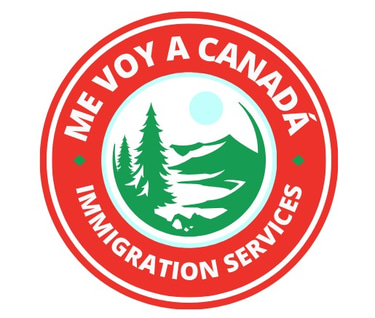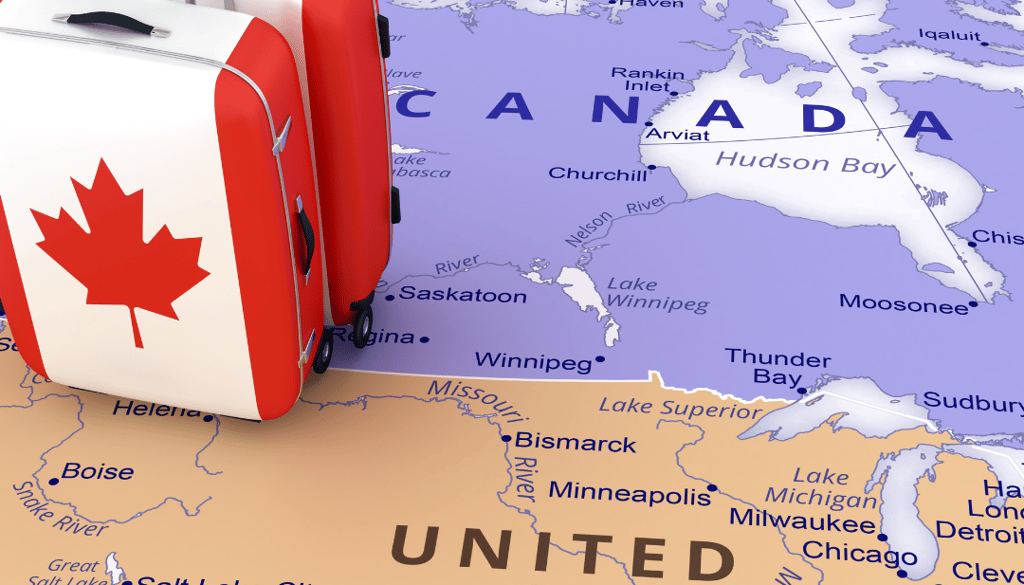
Pathways for U.S. Dreamers to Immigrate to Canada
🇨🇦 Emigrate to Canada as a Dreamer in the U.S. If you are a Dreamer—someone who arrived in the U.S. as a child and may have DACA —Canada might offer you a fresh start with clear and accessible immigration options.
From the U.S. to Canada: Immigration Options for Dreamers 🇺🇸 ➡️ 🇨🇦
For many Dreamers living in the United States, the future remains uncertain despite years of study, work, and contribution to their communities. This article outlines who qualifies as a Dreamer, why many consider Canada, and how Canadian immigration pathways may offer a new chapter.
Who Qualifies as a Dreamer?
The term “Dreamer” refers to individuals who were brought to the United States as children and grew up without legal immigration status.
This group is most commonly associated with individuals eligible for the Deferred Action for Childhood Arrivals (DACA) program, created in 2012. DACA provides temporary protection from deportation and work authorization, allowing recipients to study, work, and contribute to society—while remaining in a legally precarious situation.
To qualify for DACA, an individual must generally meet the following criteria:
Have arrived in the United States before their 16th birthday.
Be under the age of 31 as of June 15, 2012.
Have continuously resided in the U.S. since June 15, 2007.
Be enrolled in school, have graduated, obtained a GED, or served in the military.
Have no serious criminal convictions.
While DACA has provided temporary relief to hundreds of thousands of individuals, it does not offer permanent legal status or a guaranteed future.
Why are many dreamers considering Canada 🇨🇦?
DACA is not a law passed by Congress; it is an administrative policy. It does not lead to permanent residence or citizenship. As a result, Dreamers remain dependent on a program that can be changed or revoked.
For more than two decades, proposals such as the DREAM Act have been introduced to provide Dreamers with permanent status. Immigration reform remains deeply polarized, leaving Dreamers in prolonged legal limbo.
DACA has faced multiple legal challenges. This ongoing litigation creates uncertainty about whether protections could be reduced or eliminated in the future.
Many Dreamers entered the U.S. without inspection, which severely limits their ability to adjust status through family or employment sponsorship. In many cases, leaving the U.S. could trigger long re-entry bans, making legal pathways extremely restrictive.
Dreamers are students, professionals, entrepreneurs, and essential workers who contribute significantly to society, yet lack long-term security. Without congressional action, there is no permanent solution under current U.S. law.
This is why some Dreamers look to Canada.
Why Canada May Be a Viable Alternative 🍁
Canada offers a structured, transparent, and points-based immigration system that emphasizes skills, education, language proficiency, and work experience. Unlike the U.S., many Canadian pathways are designed to lead from temporary status to permanent residence, and eventually to citizenship.
Potential pathways may include:
Study permits with post-graduation work options.
Employer-supported work permits.
Economic immigration programs.
Provincial Nominee Programs (PNPs).
Express Entry and other merit-based systems.
.
How We Can Help?
As Regulated Canadian Immigration Consultants (RCICs), we provide professional, ethical, and personalized guidance. Our services include:
Assessing your eligibility for Canadian temporary or permanent immigration programs.
Identifying the most suitable immigration pathway for your situation.
Assisting with resume adaptation to Canadian standards.
Preparing and submitting applications to Immigration, Refugees and Citizenship Canada (IRCC).
Representing and monitoring your case throughout the process.
Every case is different, and a professional assessment is essential to avoid risks and false expectations.
Take the First Step Today
Leaving uncertainty behind starts with understanding your options.
Canada may offer a legal, structured pathway toward stability and peace of mind.
📌 Book your immigration assessment today
🔗 https://calendly.com/consultaconalejandro/consultaconalejandro
📧 alejandro@mevoyacanada.com
📱 +1 647-766-0754
Your dream of living and working in Canada may be closer than you think 🍁


